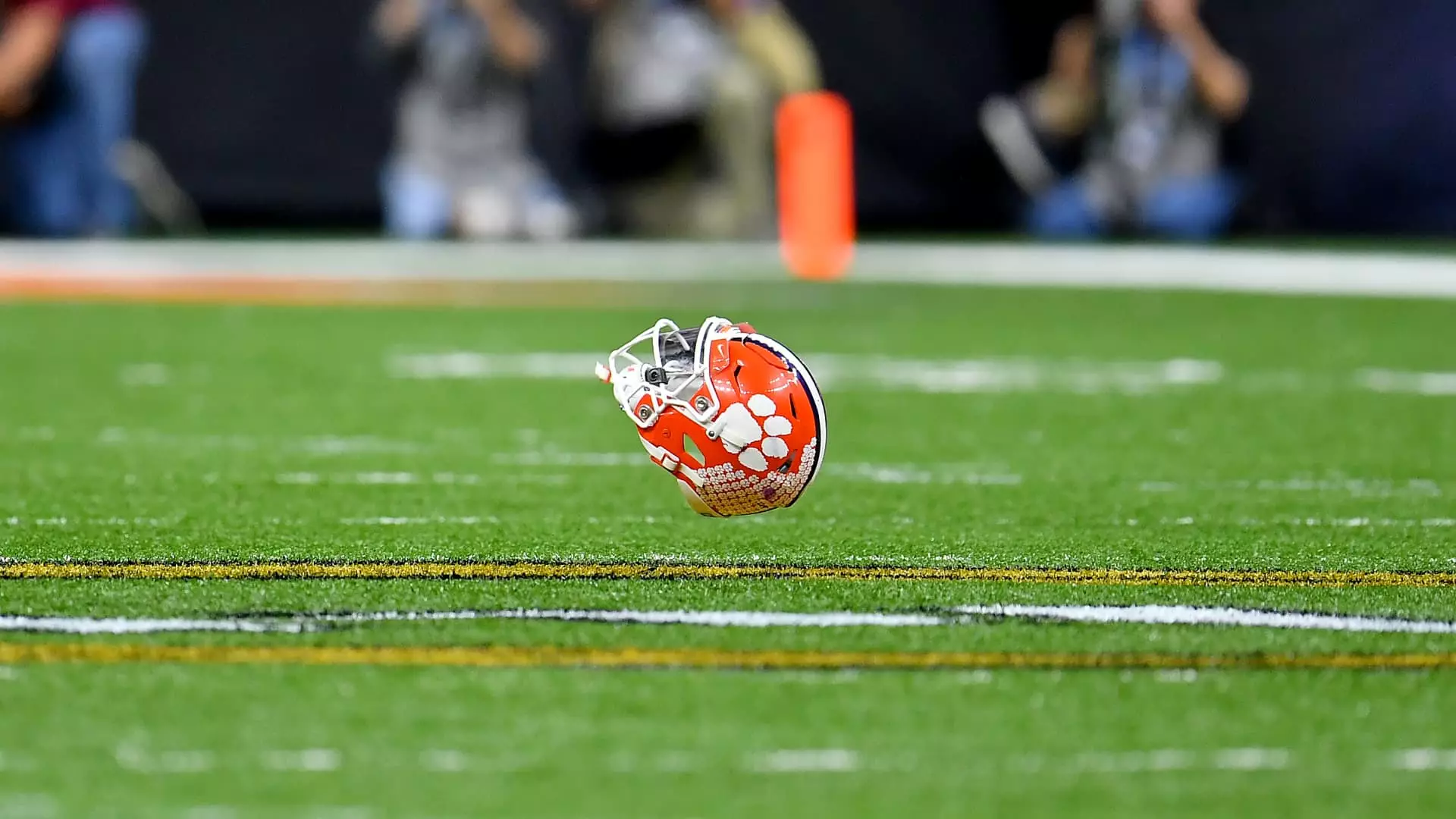In a substantial development for both pay-TV subscribers and the evolving landscape of media, DirecTV and Disney have successfully reached an agreement to restore Disney’s channels, including ESPN, which had been absent from DirecTV’s offerings for over two weeks. This resolution, announced just in time for the excitement of college football and the highly anticipated Emmy Awards, highlights the ongoing tensions and shifts in the pay-TV sector that continue to challenge traditional broadcasting models.
The blackout commenced on September 1, when negotiations over fees and channel bundling strategies between DirecTV and Disney hit a dead end. Without access to essential programming like the U.S. Open, college football, and introductory episodes of “Monday Night Football,” DirecTV’s more than 11 million customers felt the pinch of this extended disruption. As campaigns for more flexible bundling options intensified prior to the blackout, it became clear that consumer demand was leaning toward more tailored viewing experiences—a sentiment largely ignored in the prior negotiations.
Market Forces and Negotiation Outcomes
Post-agreement, both companies proclaimed their deal to be based on “market-based terms,” granting DirecTV the latitude to construct genre-specific bundles that include sports, entertainment, and family-friendly channels. This flexibility not only includes traditional TV networks but extends into Disney’s streaming platforms: Disney+, Hulu, and ESPN+. Such a strategy suggests an understanding that the economic landscape of media consumption is changing, and adaptability is essential for survival.
Furthermore, the arrangement enables DirecTV to roll out Disney’s forthcoming flagship direct-to-consumer ESPN streaming service—set to launch in Fall 2025—at no additional cost to its subscribers. This terms closely echo a strategy earlier employed in a similar agreement between Charter Communications and Disney, showcasing a trend towards collaborative frameworks that might become standard for the industry going forward.
Customer-Centric Innovations Amidst Challenges
In a shared statement, DirecTV and Disney touted their collaboration as “first-of-its-kind,” emphasizing the empowerment of customers to customize their viewing experiences. However, beneath this façade of consumer friendliness lies a complex web of accusations and lost opportunities, with both companies blaming each other for prolonging the blackout. DirecTV maintained that Disney was acting against consumer interests, while Disney’s executives claimed that DirecTV’s counter-offers lacked seriousness.
The ramifications of this dispute ripple beyond the corporate sphere, affecting everyday viewers and local businesses that depend on comprehensive sports programming. During the blackout, many establishments serving as social hubs could not provide their patrons with the expected sports entertainment, highlighting how closely intertwined pay-TV and societal rituals are in numerous American communities.
DirecTV was proactive during this turbulent period, offering a $30 credit to affected customers while suspending payments to Disney to shore up financial resources. But the question remains—what does the future hold for partnerships not only between DirecTV and Disney but also across the industry at large? With a growing focus on on-demand streaming services, traditional cable providers are forced to adapt or risk fading into obscurity.
The timing of the blackout was particularly unfortunate, coinciding with significant events like presidential debates and major sports broadcasts, ultimately showcasing an outdated model of live broadcasting that remains precarious under the rising tide of streaming alternatives. DirecTV’s reluctance to permit temporary access to ABC during a critical political debate underscores an archaic mindset that values negotiation over accessibility, even in pressing situations.
Adding another layer of complexity, DirecTV has lodged a complaint with the Federal Communications Commission, alleging Disney’s failure to negotiate in good faith—a serious charge that places future negotiations under scrutiny. The uproar around antitrust issues, particularly surrounding the Venu streaming venture, further casts a shadow over the evolving media landscape.
The hard-fought agreement between DirecTV and Disney serves as a sobering reminder of the hurdles faced by traditional media providers in maintaining customer satisfaction. This dispute has shed light on not only the importance of live sports broadcasting but also the necessity for flexible and responsive strategies in an unpredictable market. Customers today demand more control over their media choices—whether through streaming or tailored subscriptions—forcing providers to rethink their models actively.
As the pay-TV industry continues to confront a litany of challenges, the need for collaborative, adaptable frameworks will be ever more pronounced. The future of media is in flux, and this deal marks just the beginning of pivotal shifts that could redefine the relationships between content creators, distributors, and consumers in the coming years. The engagement between DirecTV and Disney may well set a precedent for how media players navigate their future collaborations, ensuring viewers can continue to engage with their favorite programming without disruption.


Leave a Reply